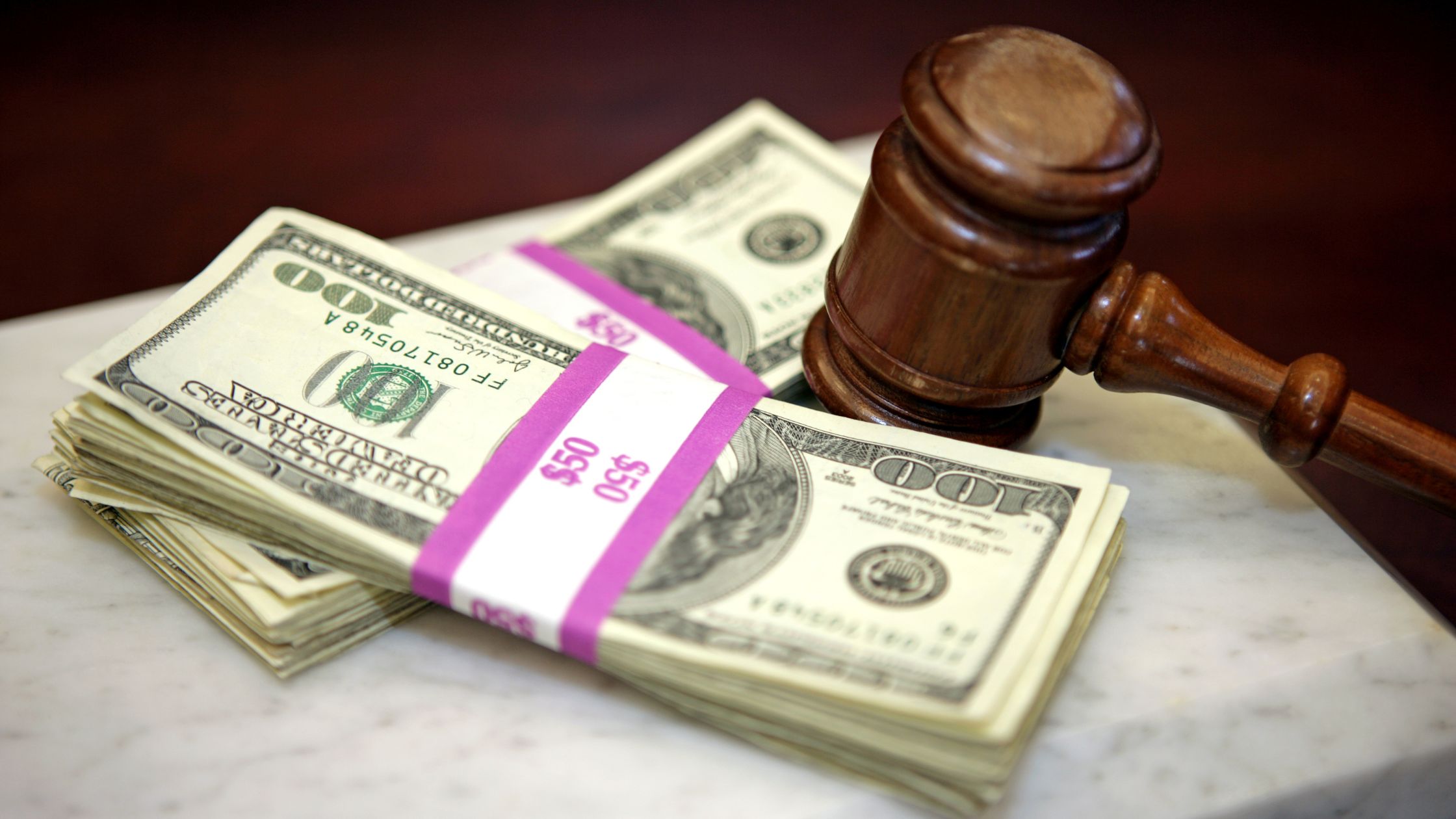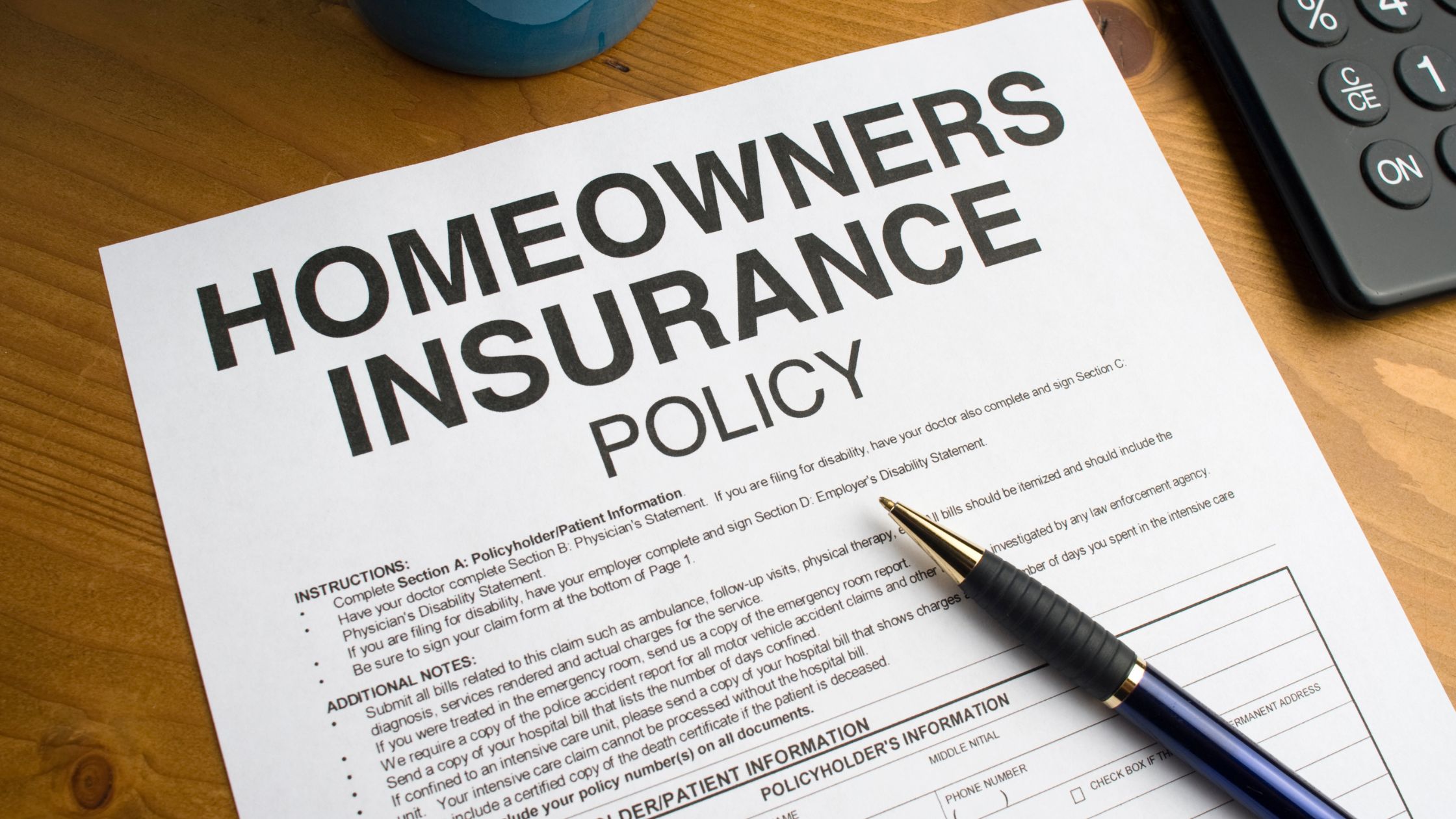Introduction:
Reaching a settlement in a legal case is a significant milestone, but many people are often left wondering when they will receive their settlement payment. This guide explains the detailed steps involved in the settlement process and provides a comprehensive overview of what to expect after a settlement agreement.
1. Finalizing the Settlement Agreement
Once both parties agree to a settlement, the first step is to finalize the settlement agreement. This involves several crucial tasks:
- Drafting the Settlement Agreement: The agreement must be carefully drafted to reflect the terms agreed upon by both parties. This document outlines the payment amount, payment method, and other settlement conditions.
- Review by All Parties: The plaintiff and defendant, along with their attorneys, must review the settlement agreement thoroughly. This process ensures that all terms are accurately represented and that there are no misunderstandings or ambiguities.
- Signing the Agreement: After review, the agreement is signed by all parties. This can take a few days to several weeks, depending on the complexity of the case and the schedules of those involved.
2. Court Approval (If Required)
In some cases, especially those involving minors, incapacitated individuals, or wrongful death claims, the court must approve the settlement agreement. This additional step ensures that the settlement is fair and in the best interest of the involved parties. The court approval process involves several steps:
- Filing a Petition for Approval: The attorneys file a petition with the court requesting approval of the settlement. This petition includes all relevant details of the agreement.
- Court Hearing: A judge will review the settlement agreement during a court hearing and may ask questions to ensure that all parties understand and agree to the terms.
- Judicial Approval: Once satisfied, the judge will approve the settlement. This process can add several weeks to the overall timeline, but it is essential for protecting the interests of vulnerable parties.
3. Processing the Payment
After the settlement agreement is finalized and approved (if necessary), the next step is processing the payment. This involves:
- Issuing the Payment: The defendant or their insurance company will issue the payment as outlined in the settlement agreement. Payments are typically made by check or wire transfer. Insurance companies have specific procedures to follow, which can impact how quickly the payment is processed.
- Administrative Delays: Administrative delays can occur due to the internal processes of the insurance company or the defendant’s financial institution. These delays are usually short but can sometimes extend the timeline by a few days or weeks.
4. Distribution of Funds
Once the payment is processed, the funds are typically sent to your attorney’s trust account. Your attorney will then handle the distribution of the funds. This step includes:
- Deducting Legal Fees and Costs: Your attorney will deduct their legal fees, court costs, and any other expenses related to your case from the settlement amount. This ensures that all outstanding bills are paid.
- Calculating the Net Amount: After deductions, your attorney will calculate the net amount you are entitled to receive. This process is done meticulously to ensure accuracy.
- Issuing Your Payment: Your attorney will issue you a check or arrange a direct deposit into your bank account. The method of payment depends on your preference and the procedures of your attorney’s office.
5. Receiving Your Settlement Payment
You will receive your settlement payment after all fees and expenses are deducted. This final step typically takes a few days but can vary depending on several factors:
- Method of Payment: Checks may take a few days to clear, while direct deposits are usually faster. Discuss the best option with your attorney.
- Attorney’s Office Procedures: Some law offices may have specific procedures that need to be followed, which could slightly delay the payment process.
6. Factors Affecting the Timeline
Several factors can affect how long it takes to receive your settlement payment after reaching an agreement. Understanding these factors can help you manage your expectations and plan accordingly:
- Complexity of the Case: More complex cases involving multiple parties or large settlements may take longer to process.
- Insurance Company Procedures: Insurance companies have different procedures and timelines for processing payments. Some are quicker than others.
- Court Approval Requirements: If court approval is required, the process can take additional time. The length of time varies depending on the court’s schedule and the case’s specifics.
- Administrative Delays: Administrative delays can occur at any stage of the process, from the insurance company issuing the payment to the attorney’s office distributing the funds.
7. Tips for Expediting the Settlement Payment Process
While you may not have control over all aspects of the timeline, there are steps you can take to help expedite the process:
- Stay Organized: Keep all documents and records related to your case organized and readily accessible. This includes copies of the settlement agreement, correspondence with your attorney, and court documents.
- Prompt Communication: Respond promptly to any requests for information or documentation from your attorney or the insurance company. Provide the information required to speed up the process.
- Follow Up Regularly: Communicate regularly with your attorney to stay informed about the status of your settlement payment. Regular follow-ups help identify and address any potential delays early on.
- Be Prepared for Court Approval: If court approval is required, ensure that all necessary documents are prepared and submitted promptly. This can help expedite the court approval process.
Conclusion:
Receiving your settlement payment after a legal case involves several steps, including finalizing the settlement agreement, obtaining court approval, processing the payment, and distributing the funds. While the exact timeline can vary, understanding these steps can help manage your expectations. Typically, you should receive your settlement payment within a few weeks to a few months after reaching a settlement agreement. By staying organized, maintaining prompt communication, and understanding the process, you can help ensure a smoother and faster payout.
FAQs (Frequently Asked Questions) About Settlement Payments:
Q1: How long does it typically take to receive a settlement payment after signing the agreement?
- Generally, receiving your payment takes a few weeks to a couple of months after signing the settlement agreement. This includes time for finalizing the deal, obtaining court approval (if needed), processing the payment, and distributing the funds.
Q2: Why does the court need to approve some settlement agreements?
- Court approval is required in cases involving minors, incapacitated individuals, or wrongful death claims to ensure the settlement terms are fair and in the best interest of the involved parties. This step is essential for protecting those who cannot advocate for themselves fully.
Q3: What deductions are made from my settlement payment before I receive it?
- Your attorney will deduct their legal fees, court costs, and any other expenses related to your case from your settlement payment. This ensures all bills are paid and you receive the correct net amount.
Q4: Can I speed up the settlement payment process?
- While you cannot control all aspects of the timeline, you can help speed up the process by promptly providing any requested information or documents to your attorney and responding quickly to communications. Staying organized and following up regularly can also help.
Q5: How will I receive my settlement payment?
- Your settlement payment will be sent either by check or direct deposit into your bank account. Your attorney will handle the distribution and ensure you receive the funds promptly. Discuss with your attorney the best method of payment for your situation.
Q6: What happens if there are delays in the settlement payment process?
- Delays can occur due to administrative issues, processing times, or court schedules. If you experience delays, contact your attorney regularly to get updates and address any potential issues. Hiring a public adjuster or legal counsel can expedite the process.
Q7: What should I do if my settlement payment is significantly delayed?
- Contact your attorney to discuss the issue and explore potential solutions if your settlement payment is significantly delayed. Your attorney can follow up with the insurance company or the defendant to address any holdups. If necessary, consider seeking assistance from a public adjuster or legal counsel.
Q8: Are there any tax implications for my settlement payment?
- Depending on the nature of your case, there may be tax implications for your settlement payment. It’s advisable to consult with a tax professional to understand how your settlement may impact your taxes and to ensure you comply with any tax obligations.
Q9: What if the settlement amount is disputed after the agreement is signed?
- If there is a dispute over the settlement amount after the agreement is signed, your attorney can help resolve the issue. This may involve further negotiations with the insurance company or defendant. Mediation or court intervention may sometimes be necessary to reach a resolution.
Q10: Can I request an advance on my settlement payment?
- In some cases, you may request an advance on your settlement payment. This depends on the terms of your settlement agreement and the willingness of the insurance company or defendant to provide an advance. Discuss this option with your attorney if you need funds urgently.
For more detailed information, visit the original article on Reiner, Slaughter & Frankel’s website.











2 thoughts on “When Will I Get Paid After a Settlement?”